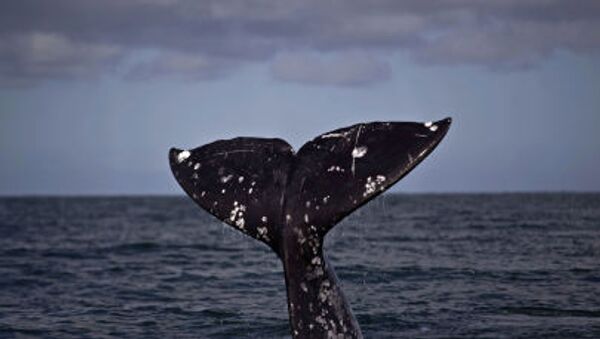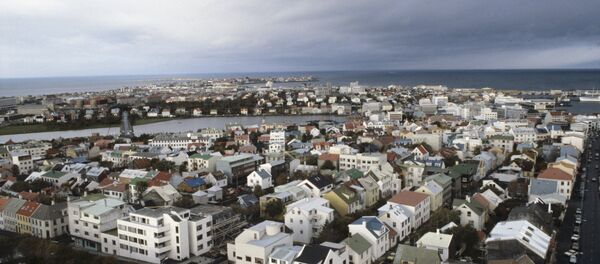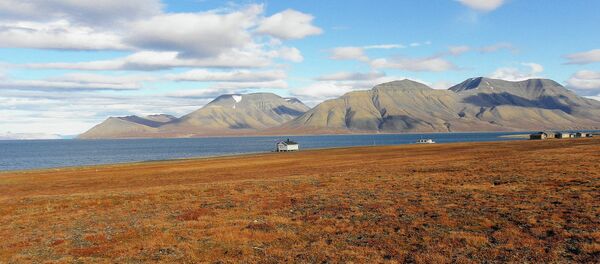Since 1993, Norway has shot nearly 12,000 minke whales, the report said. The death toll from the last two years was higher than that of Iceland and Japan combined. Last year, Norway exported 96 tons of whale meat at a net value of around 7 million kroner (roughly 900,000 dollars) to Japan and Iceland. Virtually all countries prohibit the import of whale meat.
"As one of the world's most modern and prosperous countries, Norway's whaling industry is an anachronism. Slaughtering whales for eating and trading has no place in Norway and serves only to mar the country's international reputation," ProWildlife biologist Sandra Altherr said as quoted by Norwegian national broadcaster NRK.
According to the report, the Norwegian government financially supports projects that use products derived from whales, such as dietary supplements and cosmetics. The report singled out the Norwegian company Myklebust Hvalprodukter, which in 2015 announced production of a new skin cream based on whale oil.
When compared to the other two countries engaged in commercial whaling, Norway stands out negatively due to a lack of scrutiny in its domestic industry, the report pointed out. The report concluded that the IWC and the international community should "compel Norway to cease commercial whaling and trade in whale products."
Undersecretary Ronny Berg of Norway's Fisheries Ministry rejected the criticism, citing a minke whale population of over 100,000 species in the areas where Norwegian whalers operate. Berg also denied that international pressure would be able to stop Norwegian whaling.
At present, small-scale whaling on a strict quota basis is performed by indigenous people of Canada, Greenland, Russia's Chukotka Peninsula, as well as Iceland and Faroe Islands as part of the traditional culture. According to the IWC, Norway and Iceland are the only countries to implement commercial whaling, whereas Japan continues whaling on a purported scientific basis, which by many is considered a cover-up for commercial whaling.






